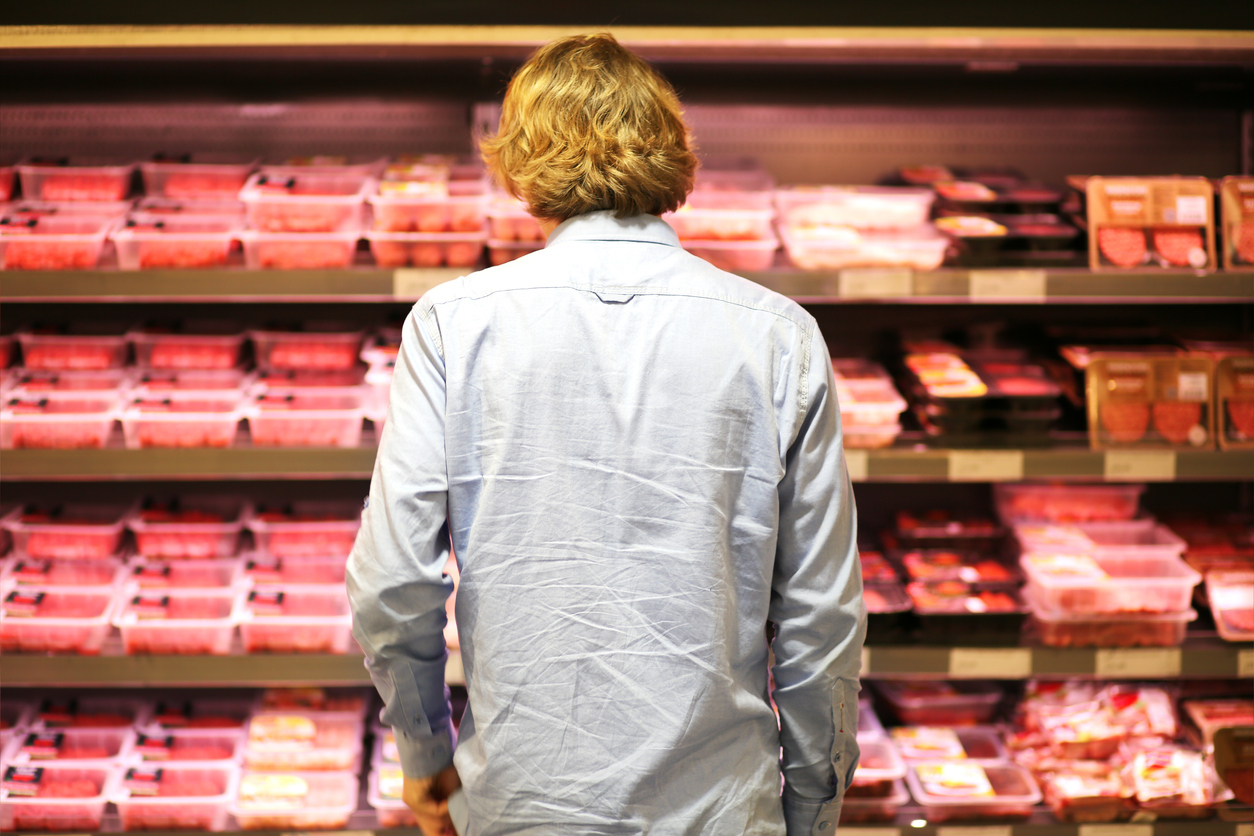Chicken nugget conspiracy lawsuits won’t change the cost of food

The cost of meat, poultry, fish, and eggs has increased 5.9 percent since 2020 and more than 15 percent since 2019.
A lawsuit recently filed by the Washington State Attorney General’s Office would have us all believe that is because of a “conspiracy to inflate and manipulate prices” in violation of the Washington Consumer Protection Act and Washington antitrust laws.
Despite how things might appear, there is no conspiracy.
Food prices have increased substantially because of a series of misfortunes converging to create problems in the food supply chain. Labor shortages, weather events, drought, transportation issues, and packaging shortages, among other things, have cascaded to create the increased food costs.
The food supply chain is complex and varied. Labor shortages in meat processing facilities, wood mills, seaports, and trucking all contribute to food cost increases by delaying supplies. Without people to process meat, there is a backup in the supply to be processed. Without people to work in wood mills, there is a shortage of wooden pallets upon which canned and other packaged goods can be stacked for shipping. Without labor to work at seaports, cargo ships remain docked but loaded, and without truckers, even unloaded cargo remains in ports rather than distributed across our vast stretches of highways to their intended locations.
As any farmer or rancher will tell you 2020 and 2021 have been doozies when it comes to weather. The unprecedented winter storm in Texas and other parts of the South in 2020, interrupted the production of packaging materials for many of our food products including corrugated cardboard and plastic (often used to package frozen chicken). Which, in turn impacted the end users of such materials – meat packers, canning facilities, and shippers.
The drought in the Western United States forced meat producers to sell their animals early, resulting in less harvested meat overall, driving the price of meat upward. The increased cost of meat can be expected to last well into 2022 as the overall inventory of beef, pork, and poultry in the United States will be smaller thanks to the drought of 2021.
Congress investigated possible collusion by the four largest meat-packing companies in the United States (the “Big Four”) in 2021 – Cargill, JBS, Smithfield, and Tyson – and found little evidence of any real wrongdoing.
Anyone involved in meat production would like to see more access for smaller meatpackers to earn a living in the United States. In fact, in Washington state, lawmakers have been trying to remove barriers for small processors. However that blame should be laid squarely at the feet of the U.S. Department of Agriculture which jealously guards its ability to inspect meat processing facilities to the point of making it virtually impossible for states to allow smaller facilities to exist.
It is not the fault of the “Big Four” or, as alleged in the lawsuit filed in Washington, the “Big 19” chicken processors, that they have figured out how to be efficient and cost-effective in their business models. And no one could have predicted what would happen during the last 18 months.
If Washington state wants to make food, or even chicken in particular, more readily accessible to low- or medium-income households, a lawsuit is not the way to do it.





